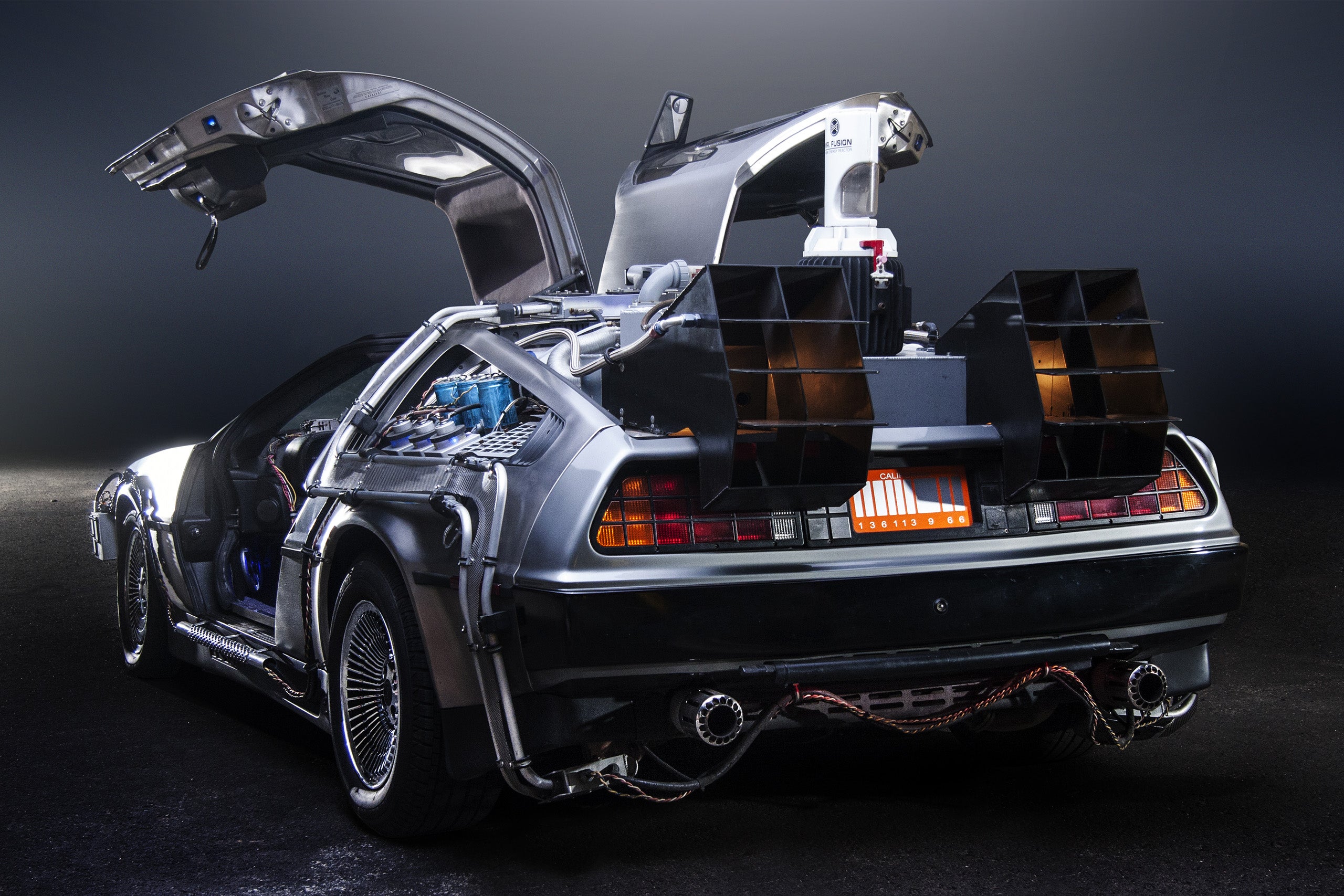Evidence for the World We Want
“Marty McFly: Hey, Doc! Where you goin’ now? Back to the future?
Doc: Nope. Already been there.”
“The future has arrived,” and not in a figurative way; we are living in it, literally, at least for Dr. Emmet and Marty McFly from the sci-fi classic trilogy “Back to the Future.” A few may remember that the last “future” date in this late 80s saga is precisely October 21, 2015. Without intending to, “Back to the Future” establishes a deadline for “The Future” which we have already reached, even when our reality visibly differs from the one portrayed in the film.
What would happen if we could actually travel in Dr. Emmet’s DeLorean time machine? What is happening today that will impact 2045? What would we need to change?
Beyond fiction, 2015 is indeed a crucial year to understand the past. This is the year when the Millennium Development Goals (MDG) —eight international goals established in the United Nations Millennium Declaration in 2000, all by the target date of 2015—will be replaced by a new sustainable development agenda. Therefore, the possibility of re-assessing the actions needed for sustainable development represents a historic opportunity to bring the world together to decide and embark on new paths to improve the lives of people everywhere.
In this scenario, back in 2013 at the Third International Conference on National Evaluation Capacities organized in São Paulo, Brazil, 2015 was declared as the Evaluation Year (#Evalyear). The aim of designating 2015 as #EvalYear is to advocate for and stimulate evaluation and evidence-based policymaking at the international, regional, national and local levels.
But why does evaluation matter? The answer can be found in one of the most recurrent phrases in any national electoral campaign speech or in broad grandiloquence of international development: “make a difference.” Unless that difference can be measured and proven, the phrase is little more than good intentions. Impact evaluation can be understood as the difference between rhetoric and evidence-based proposals for change. With numerous methodologies available, evaluation helps governments, leaders, decision makers and civil society make and —try to—answer key questions for policymaking: what works, what doesn’t, where, why and for how much?
Even when it may seem obvious, the importance of evaluation can be underestimated. If it is true that it is now somehow acknowledged that development programs should be based on evidence generated by country-led monitoring and evaluation systems, it is also true that some other natural positive consequences are not so well recognized. Evaluation can enable civil society’s engagement and its push for transparency, accountability and change, particularly important nowadays for the emergent middle class in Latin America.
For us in the Inter-American Development Bank (IDB), the premise is simple: in order to improve, we need to meticulously measure and evaluate how we perform. It is just as important to discern what works as what does not work; that is why we have kept improving the Development Effectiveness Framework—our toolkit for designing, implementing, monitoring and evaluating projects—since its inception in 2008.
Nowadays, we are aware of the importance of communicating our findings. A thorough evaluation usually will (and should) foster more questions, new ideas. Thus, we are convinced that our findings and results need to be shared so they can influence broader policy decisions and stimulate regional dialogues.
It is our pleasure to invite our readers to stay tuned for new posts at #IdeasMatter, because in collaboration with the #EvalYear cause, we will share and analyze the results of several impact evaluations conducted by different experts of the Research Department which have already gathered evidential “hints” that can guide us toward the future we want 30 years from now.
***


Leave a Reply